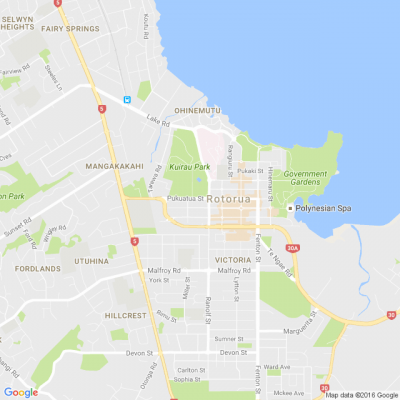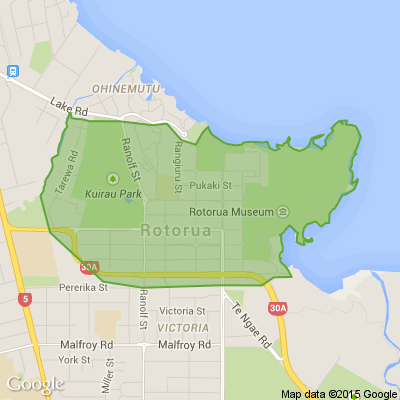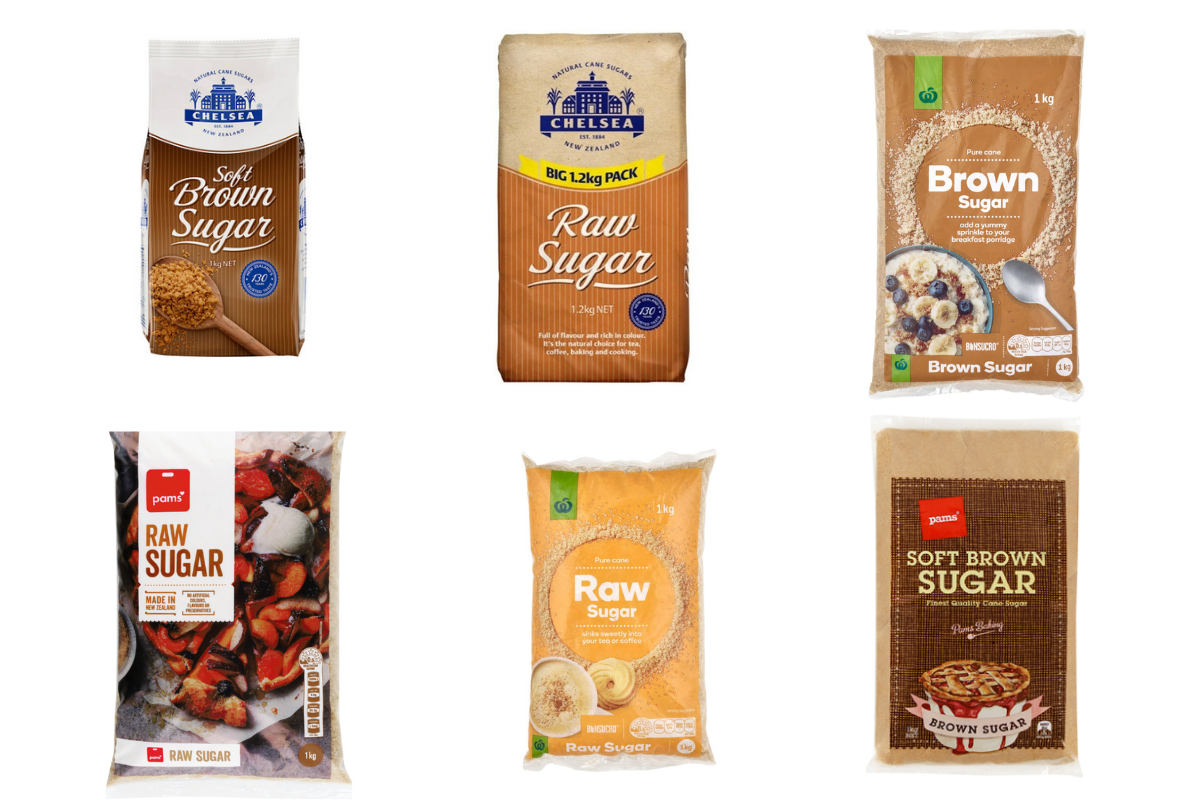
Know what’s happening
Access the private noticeboard for verified neighbours near you. Keep informed about any suspicious activity, send urgent updates to your neighbours when required and discuss emergency planning.
Get to know your neighbours
Browse the directory and start getting to know your neighbours. Don’t want to post to the whole neighbourhood? Send a private message.
Buy, sell and give away
Want to declutter your garage? Buy some used household items? Give away some garden stuff? Become a verified neighbour to browse and post items for sale. Trading is simple when everyone lives nearby.



Thank you for using Neighbourly
You may receive an email confirmation for any offer you selected. The associated companies will contact you directly to activate your requests.
The Team from ACC New Zealand
If tamariki are injured in an accident anywhere in Aotearoa, ACC is here to support them until they can get back to everyday life – including financial support for medical services, care and equipment. Find out more

While some Kiwis are enjoying home grown vegies, many are going without vegetables altogether.
This National Gardening Week we’re encouraging gardeners to grow-an-extra-row to share with neighbours, community pantries, food banks and other local food donation agencies.
To help get your … View moreWhile some Kiwis are enjoying home grown vegies, many are going without vegetables altogether.
This National Gardening Week we’re encouraging gardeners to grow-an-extra-row to share with neighbours, community pantries, food banks and other local food donation agencies.
To help get your extra row underway Yates is lending a helping hand.
Just register online HERE between 1st and 25th October to receive a FREE packet of Yates Vegie Seeds.
Once you’ve grown your vegies to share (or if you have spare now) please visit HERE to find a list of the organisations that would welcome your donation of fresh homegrown vegies.
Find out more

Jeff has a wife and two boys and a whole bunch of sheep. He was able to earn on the job and buy his first home while he completed his apprenticeship.
Take care of yourself and your whānau without the debt of a student loan to hold you back. This is your sign to embrace the fluro!

Hi Neighbour,
We understand that every penny counts for small business owners. Often this means finding ways of connecting with customers and increasing awareness of your brand - without the hefty price tag!
That's why getting your business on social media is a no-brainer. It’s one of the … View moreHi Neighbour,
We understand that every penny counts for small business owners. Often this means finding ways of connecting with customers and increasing awareness of your brand - without the hefty price tag!
That's why getting your business on social media is a no-brainer. It’s one of the most cost-effective forms of digital marketing. Plus, it's easy to get started and begin making an impact immediately. Digital Boost can help you get set up and understand how all the different social media channels work.
Jump over to Digital Boost for an introduction to social media channels, advice on how to set up your first Facebook campaign, or tips on how to establish your presence on Facebook or Instagram.
We’ve got plenty of resources to get you going on your social media journey and we’re here to help.
Get started on building a strong online presence today!
Hashtag - what are you waiting for?
The team at Digital Boost
Kate from Country Herbals Cottage Shop
Ngongotaha Cottage Shop
Shop online - contactless pickup available
Pets
*Dog deodorising flea powder and flea treatment
*Cat and rabbit flea powder
* Stopitch Gel for itchy places
* Shampoo Bars… View moreNgongotaha Cottage Shop
Shop online - contactless pickup available
Pets
*Dog deodorising flea powder and flea treatment
*Cat and rabbit flea powder
* Stopitch Gel for itchy places
* Shampoo Bars
* Diatemaceous Earth
People
*Anti-fungal foot powder and Lotion
*Body powders, Perfume oils, lotions, shampoo bars, Skin Care, Pain Gel and more....
(Refill paper packs also available to help the environment. We also encourage customers to make their own shakers from containers you already have ie pill bottles)
Prices in our online store
countryherbalsstore.ecwid.com...
Text 021 144 1113
Kate from Country Herbals Cottage Shop
Cottage Shop Ngongotaha
Spoil your precious pet
*Non chemical flea treatment
*Stopitch Gel for itchy places
*Shampoo Bars and Conditioner
*Diatemaceous Earth
Shop online - contactless pickup available
Phone 021 144 1113
The Team from Digital Boost
Digitising your business should be a priority right now, an online presence is vital in today’s ever-evolving landscape.
Digital Boost can help you get started in this very special Digital Boost Q&A session with Frances Valintine - founder and CEO of The Mind Lab and Tech Futures Lab.
… View moreDigitising your business should be a priority right now, an online presence is vital in today’s ever-evolving landscape.
Digital Boost can help you get started in this very special Digital Boost Q&A session with Frances Valintine - founder and CEO of The Mind Lab and Tech Futures Lab.
Frances will discuss the importance of digitising your business and offer guidance to get your business moving forward online.
When: Tuesday, November 16, 2021
Time: 1:00 PM Auckland, Wellington
Click here to register and join Frances for this exciting opportunity!
Find out more

If you haven’t updated your will in a long time, it’s important to create a new one.
Having a will gives your family peace of mind during the grieving process. When your wishes are clearly outlined in a legal document, it gives everyone the clarity they need, and ensures nothing… View moreIf you haven’t updated your will in a long time, it’s important to create a new one.
Having a will gives your family peace of mind during the grieving process. When your wishes are clearly outlined in a legal document, it gives everyone the clarity they need, and ensures nothing is overlooked or forgotten.
It’s easy to get everything in order and up to date by asking yourself a few key questions..
Read on to find out more

Find out today by accessing the latest climate science for your property with Climate Insights.
Risks to your investment and the roof over your and your family’s head are something that you can manage. With estimates of up to an 8 percent increase in damages from extreme rainfall alone between… View moreFind out today by accessing the latest climate science for your property with Climate Insights.
Risks to your investment and the roof over your and your family’s head are something that you can manage. With estimates of up to an 8 percent increase in damages from extreme rainfall alone between now and 2040 and up to 25 percent by 2100 we need to act now.
Your first step could be a physical risk assessment and adaptation guide for either your current or future home. Check out the sample reports and get one for yourself.
Download your Property Climate Risk Report

Jocelyn from Ngongotaha
Garage Sale, tomorrow Saturday 6th November 8.30-11 a.m. Downsizing and on the move. 99 Leonard Road, Ngongotaha. Single bed, almost new Black Faux leather sofa bed, oak table, lead light china cabinet, book shelves, writing desk, cot, and lots more! No sales before 8.30 a.m.
Hear from our expert on everything you need to know from investing to managed living, and having your wills and EPA's in order for an easy retirement. Read more to register for our event..

The Team from Neighbourly.co.nz
Six sugar products have been recalled by major manufacturers due to lead contamination.
Raw and brown sugar products by Chelsea, Pams and Woolworths are affected, and have been sold at retail outlets and supermarkets throughout New Zealand through October to November 4 2021.
In a statement, … View moreSix sugar products have been recalled by major manufacturers due to lead contamination.
Raw and brown sugar products by Chelsea, Pams and Woolworths are affected, and have been sold at retail outlets and supermarkets throughout New Zealand through October to November 4 2021.
In a statement, MPI said that that the food safety risk from these products is low, and informed customers who have bought these products to not consume them.
Here's what you need to know:
NAME OF PRODUCT
- Chelsea brand Raw Sugar (500g, 1.2kg, and 4kg)
- Chelsea brand Soft Brown Sugar (500g and 1kg)
- Pams brand Raw Sugar (1kg)
- Pams brand Soft Brown Sugar (1kg)
- Woolworths brand Raw Sugar (500g and 1kg)
- Woolworths brand Brown Sugar (500g and 1kg)
BATCH MARKING
- Chelsea brand Raw Sugar (500g, 1.2kg, and 4kg): Lot 21271 through to Lot 21303
- Chelsea brand Soft Brown Sugar (500g and 1kg): Lot 21280 through to Lot 21293
- Pams brand Raw Sugar (1kg): Lot 21270 through to Lot 21302
- Pams brand Soft Brown Sugar (1kg): Lot 21272 through to Lot 21303
- Woolworths brand Raw Sugar (500g, and 1kg): Lot 21274 through to Lot 21281
- Woolworths brand Brown Sugar (500g, and 1kg): Lot 21278 through to Lot 21303
The recall does not affect any other Chelsea brands of sugar or any other products manufactured by these companies.
Customers are encouraged to get in touch with their retailer to get a full refund.
To find out more about this recall, please visit the New Zealand Food Safety Website.

Mei Leng Wong Reporter from NZ Gardener & Get Growing
They want to create an app to make it easier for gardeners to share and swap crops and seeds. Read their story and don't forget to vote!

The Team from Resene ColorShop Rotorua
Buy any orange Resene testpot 60 ml at your local Resene owned ColorShop in November 2021 and Resene will donate $1 to Arthritis New Zealand!
The more orange testpots you buy, the more will be donated. Offer applies to all retail purchases of Resene orange testpots (includes metallics and wood … View moreBuy any orange Resene testpot 60 ml at your local Resene owned ColorShop in November 2021 and Resene will donate $1 to Arthritis New Zealand!
The more orange testpots you buy, the more will be donated. Offer applies to all retail purchases of Resene orange testpots (includes metallics and wood stains) at Resene owned ColorShops.
Help us help our fellow kiwis.
Find your local Resene ColorShop, www.resene.co.nz/colorshops

 Loading…
Loading…
Are you sure? Deleting this message permanently removes it from the Neighbourly website.
 Loading…
Loading…
© Neighbourly 2026
